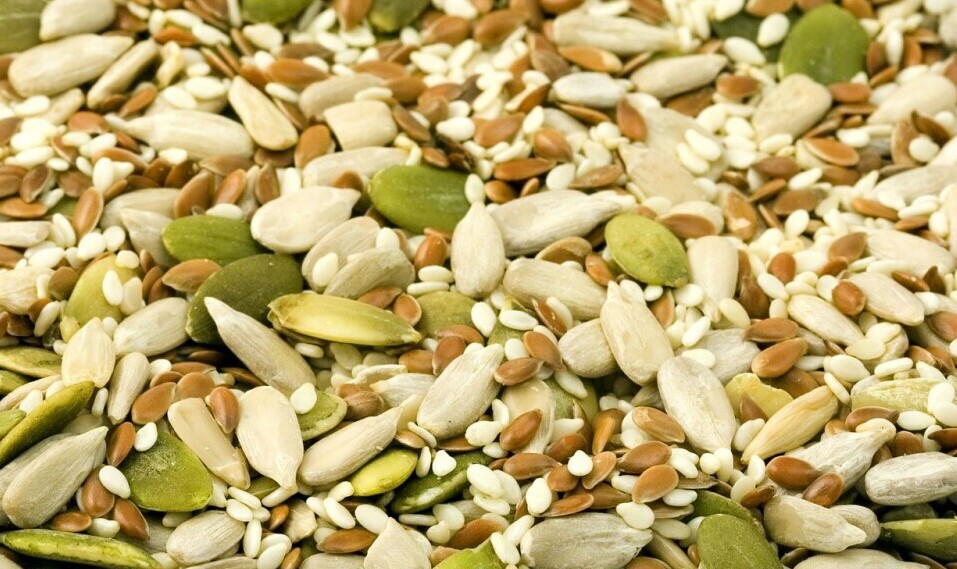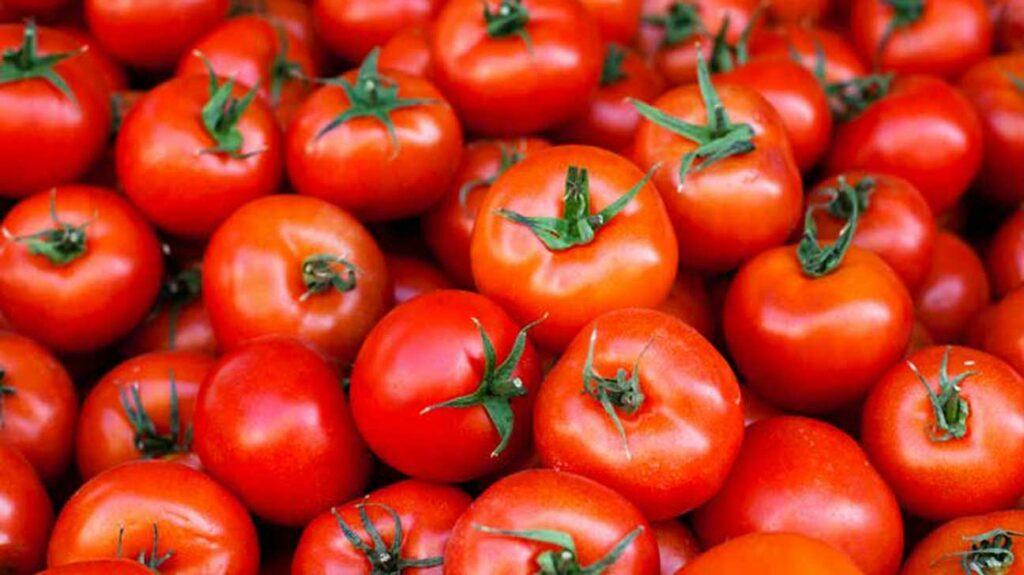Often Overlooked
Potassium is often overlooked in discussions surrounding essential nutrients, yet it plays a crucial role in numerous bodily functions. As one of the key electrolytes, potassium is vital for maintaining various physiological processes, from fluid balance to nerve transmission. In this article, we will delve into the importance of potassium, the recommended daily intake, sources, its health benefits, signs of deficiency, and potential risks of excessive intake.
What is Potassium?
Potassium is a mineral and an essential nutrient that is classified as a macromineral, meaning it is required in larger amounts compared to trace minerals. It is primarily found in the body’s fluids—both intracellular and extracellular—and is critical for the proper functioning of cells, tissues, and organs. Potassium ions are involved in many metabolic processes, making this nutrient indispensable for overall health.

Why is Potassium Important?
Potassium serves several vital functions in the body:
1. Fluid Balance
Maintaining fluid balance is one of potassium’s primary roles. Potassium works in concert with sodium to regulate the amount of fluid inside and outside of cells. This balance is crucial for maintaining healthy blood pressure and preventing dehydration. An appropriate balance of these electrolytes is essential for optimal cellular function.
2. Nerve Function
Potassium is essential for nerve transmission. Nerve cells (neurons) rely on the movement of potassium and sodium ions across their membranes to generate electrical impulses. These impulses enable communication between the brain and the rest of the body, influencing everything from sensory perception to muscle movement.
3. Muscle Contraction
Potassium is vital for muscle contraction, including that of the heart. When a nerve impulse stimulates a muscle, potassium and sodium enter and exit the muscle cells, generating the electrical signals necessary for contraction. An adequate level of potassium is crucial for maintaining a healthy heart rhythm and preventing muscle cramping.
4. Blood Pressure Regulation
Several studies have demonstrated that adequate potassium intake can help regulate blood pressure. High potassium intake is associated with lower blood pressure, while low potassium levels can contribute to hypertension (high blood pressure). This relationship highlights the importance of potassium for cardiovascular health.
5. Acid-Base Balance
Potassium plays a role in maintaining the body’s acid-base balance, which is critical for overall metabolism. It helps regulate the pH levels of body fluids, ensuring that they remain within a range conducive to optimal enzymatic and physiological functioning.
Recommended Daily Intake
The recommended daily intake of potassium varies by age, sex, and life stage. According to the National Institutes of Health (NIH), the adequate intake (AI) levels for potassium are as follows:
- Adults (19 years and older): 2,600-3,400 mg per day, depending on sex and age.
- Children and Adolescents: Requirements vary, typically ranging from 2,000 to 4,700 mg per day depending on age.
- Pregnant and Lactating Women: Pregnant women require around 2,900 mg per day, while lactating women need approximately 2,800 mg per day.
These recommendations emphasize the importance of including potassium-rich foods in your diet.

Sources of Potassium
Potassium is widely available in various foods, making it relatively easy to meet the daily requirements through a balanced diet. Some potassium-rich foods include:
- Fruits: Bananas, oranges, apricots, kiwis, and avocados are excellent sources of potassium.
- Vegetables: Spinach, sweet potatoes, potatoes, tomatoes, and beet greens are particularly high in this nutrient.
- Legumes: Beans, lentils, and peas provide a significant amount of potassium.
- Dairy Products: Milk and yogurt are good sources for those who consume dairy.
- Nuts and Seeds: Almonds, peanuts, sunflower seeds, and others contribute to total potassium intake.
- Whole Grains: Brown rice and quinoa also offer decent amounts of potassium.
Incorporating these foods into your daily diet can be a delicious way to ensure you’re getting enough potassium.
Health Benefits of Adequate Potassium Intake
Maintaining an appropriate potassium intake is associated with several health benefits:
- Reduced Risk of Stroke: Research has shown that higher potassium intake is linked with a reduced risk of stroke and other cardiovascular diseases.
- Lowered Risk of Kidney Stones: Potassium may help reduce the risk of developing kidney stones by promoting urinary excretion of calcium.
- Improved Bone Health: Potassium may play a role in enhancing bone density and reducing the risk of osteoporosis by neutralizing metabolic acid, which in turn helps preserve calcium.
- Better Blood Sugar Control: Some studies suggest that potassium may aid in regulating blood sugar levels, which is beneficial for individuals with diabetes.

Signs of Potassium Deficiency
Potassium deficiency, also known as hypokalemia, can have serious health consequences. Some common symptoms include:
- Muscle Weakness or Cramps: A prominent sign of low potassium levels is muscle weakness, cramping, and tiredness. This is due to its crucial role in muscle contraction.
- Fatigue and Weakness: Low energy levels can often stem from inadequate potassium, affecting physical performance and daily activities.
- Digestive Issues: Problems such as constipation and gastrointestinal discomfort may occur due to impaired muscle contractions in the digestive tract.
- Heart Palpitations: Abnormal heart rhythms can arise from potassium deficiency, which can lead to severe complications if not addressed.
Potential Risks of Excessive Potassium Intake
While potassium is essential for health, excessive intake can lead to hyperkalemia, a condition characterized by high potassium levels in the blood. Hyperkalemia can result from excessive dietary intake, certain medications, or underlying health conditions such as kidney disease, which can impair the body’s ability to excrete potassium.
Symptoms of Hyperkalemia Include:
- Nausea and vomiting
- Fatigue and weakness
- Muscle tingling or numbness
- Irregular heart rhythms, which can be life-threatening
Those with underlying health issues, particularly kidney disease, should consult a healthcare professional before making significant changes to their potassium intake.
Conclusion
To summarize, potassium is indeed an important nutrient that plays a multitude of roles in maintaining overall health and well-being. From regulating fluid balance and nerve function to supporting heart health and muscle contractions, its significance cannot be overstated. With the recommended dietary guidelines suggesting a variety of potassium-rich foods, it is feasible to meet our needs through a balanced diet. However, it is essential to be mindful of both deficiency and excess to ensure optimal health. By understanding the importance of potassium and incorporating it into our diets, we can take a significant step toward enhancing our overall health and longevity.

Grant Edward Rayner